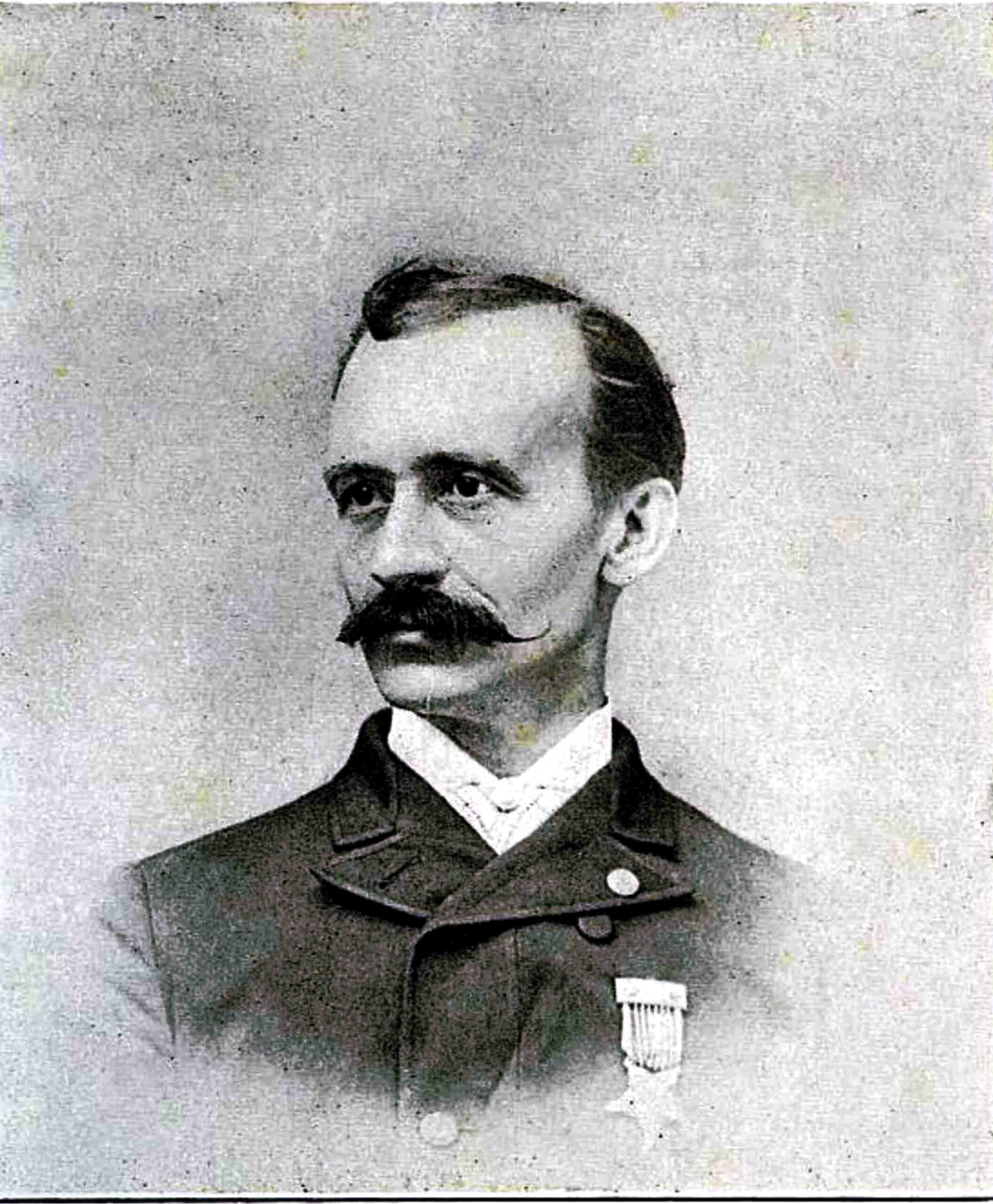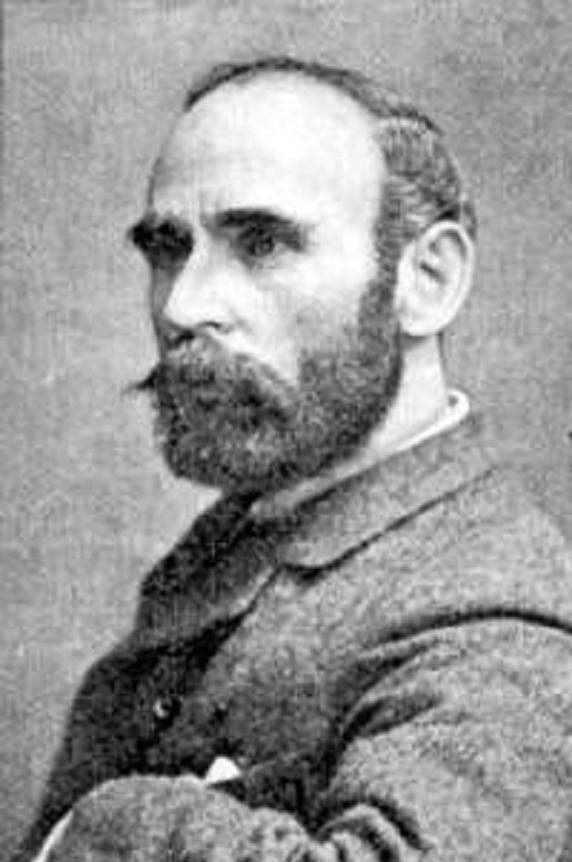Meddling in other country’s politics, spy vs. spy

By Sandy Vasko

Henry Le Caron, the double agent who spied for the British and for the Clan na Gael, fleeing to England after being found out.
Meddling in other countries’ politics scandalizes our nation. They meddle in ours; we meddle in theirs, immigrants working here and helping political movements in another country.
Gracious, what has our world come to! Wait — you think I am talking about 2025? I was speaking of 1880; now don’t tell me history is repeating itself?!?
The first miners to come to Braidwood were from the British Isles, a great many of them Irish. There were two men in Braidwood who were born in Ireland who became involved in politics both here and there. One was lawyer William Mooney; the other was miner named Dan McLaughlin.
In 1875, William Mooney was serving as a state representative from the Braidwood and surrounding area. He had a heavy Irish accent and probably was not the most refined legislator in Springfield. But it appears he was no fool.
We read on February 26, 1875: “Hon. Wm. Mooney was in town during Sunday and Monday last. The late attack upon him has increased his popularity tenfold. The professional politicians of Springfield thought him to be a ‘poor, ignorant wild Irish miner,’ and said to themselves: ‘Here, give him his miner’s bill and then we can use him as a tool.’
“To their astonishment, however, his knowledge of and remarks upon their insurance, justices, and other bills of no supposed importance to a ‘coal digger,’ made them exclaim in wonder, ‘who the devil is this Mooney?’”
As far as Dan McLaughlin goes, he was mayor of Braidwood and head of the Miner’s Union during the big strike, but McLaughlin was also considered a leader among all the Irish immigrants. And it was during this time that the Irish were staging a sort of rebellion against England. They were protesting the domination of the landlords, who were mostly English, over the extremely poor working class.
It was not Protestant against Catholic as today, that was to come later. But as we know, rebellions cost money, and where better to get money than the Irish that had moved to the U.S., who were poor, but at least had paying jobs.
We read in January of 1880: “Messrs. Mooney and McLaughlin left here on Thursday to attend a mass meeting in Streator, concerning the Irish tenantry system. The gentlemen named addressed the meeting at length, as did also a Mr. Prendergast, of Chicago, in speeches having the right sort of ring in them.”
The result of these meetings was the creation of an organization called the Land League. The Land League reached out to people on the grounds that the farmers in Ireland needed help, rather than the overthrow of the British government. On this basis, many Americans joined. The chief promoter of the Land League was a man named Michael Davitt. Davitt went on a speaking tour of the U.S., which in August of 1880, brought him to Braidwood.
We read in the August 20 edition of the Wilmington Advocate: “The great sensation in Braidwood, this week, was the Davitt picnic near the old race course. The great agitator arrived on Tuesday, together with the gifted elocutionist, Miss Emilie Gavin. The picnic had been in progress all of the forenoon, and the speaking commenced at about 2 o’clock.

Michael Davitt, the Irish Land League founder who spoke in Braidwood
“After a most enthusiastic welcome, and an introduction by the Chairman, Daniel McLaughlin, he commenced his address. Though the weather was oppressively hot, Mr. Davitt spoke over an hour to an attentive and large concourse of people, being frequently interrupted with applause. He commenced by saying it gave him the most sincere pleasure to meet so many and such true friends as the people of Braidwood, and he had this to say with the most heartfelt satisfaction, that no place of its size, according to its means, had done any better, if as well, for the cause of the sufferers in Ireland as had Braidwood.
“Resolved, that the thanks of the citizens of Braidwood, without regard to nationality, are tendered to Michael Davitt and the Land League of Ireland, for the noble work done in saving the Irish people from the dread death by starvation and the rapacity of inhuman landlords. Resolved, that a branch of the Land League be formed in Braidwood, to aid the extinguishment of Landlordism wherever found in the oppressive form it is found in Ireland.”
But history has shown that there was more afoot here than agricultural reform. It seems that another Irish Society, Clan na Gael, a more violent political group, was keeping their eyes on the Land League. It requested its members to infiltrate the new Land League as high as possible to gain control.
One of these spies was Braidwood’s own Dr. Henri LeCaron, who was actually acting as a double agent. He had infiltrated the Clan na Gael as a British spy. Caron then infiltrated the Land League on behalf of the Clan na Gael. In 1880, Le Caron become the treasurer of the Braidwood branch number one, American Land League. By 1881, Henri Le Caron had become president. Eventually, Le Caron was discovered and fled home to England.
William Mooney continued to be a voice for miners, representing them in many court cases pro bono. Dan McLaughlin went on in the Miners’ Union and eventually in the American Federation of Labor.
Sandy Vasko is Director of the Will County Historical Museum & Research Center and President of the Will County Historical Society.
